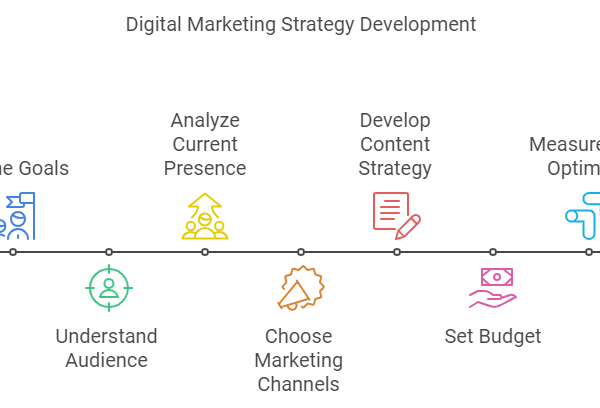
Choosing the right advisor is a crucial step in shaping your graduate school experience. The relationship between you and your master’s advisor can influence your academic growth, research opportunities, and career trajectory. To help you make an informed decision, here are some essential tips for finding the perfect master’s advisor.
1. Align Research Interests
One of the first steps in finding the perfect advisor is identifying someone whose research interests closely align with yours. The advisor you choose should have expertise in the area you want to explore during your master’s program. Having aligned research goals ensures a productive partnership and meaningful contributions to your field.
What to Consider:
- Review their recent publications to see if their research aligns with your interests.
- Attend their lectures or seminars to get a feel for their work.
- Discuss your research ideas with them to gauge their level of interest and expertise.
2. Understand Their Mentorship Style
Different advisors have different mentoring styles. Some offer hands-on guidance, while others allow more independence. Knowing your learning style and how much direction you need will help you find an advisor who can provide the right balance of support and autonomy.
Key Questions:
- Do they prefer regular meetings or give students more independence?
- How do they provide feedback—through detailed notes, in-person discussions, or both?
- Are they involved in every step of the research process, or do they allow students to take the lead?
3. Evaluate Their Availability
An advisor’s availability can significantly impact your progress. You need someone who will be there to provide timely advice and guidance. Consider their other commitments, such as administrative roles, teaching responsibilities, or supervising multiple students, which might affect their availability.
How to Check:
- Ask how frequently they meet with their students.
- Find out if they respond promptly to emails or requests for meetings.
- Determine if they have multiple responsibilities that might limit their time for you.
4. Look for a Strong Track Record
A good advisor will have a proven track record of helping students succeed. This includes guiding students through to graduation and helping them secure jobs or further study opportunities. Review their history of working with master’s students and the outcomes of those relationships.
What to Research:
- How many master’s students have they supervised, and what are those students doing now?
- What is their average completion time for master’s students?
- Do they help students publish papers or present at conferences?
5. Consider Their Professional Network
A well-connected advisor can open doors for you, whether you plan to pursue a PhD, enter academia, or transition into industry. Advisors with strong networks can introduce you to valuable contacts and help you build relationships that could shape your career.
What to Look For:
- Are they actively involved in professional organizations or academic conferences?
- Do they collaborate with other researchers or institutions?
- Can they connect you with professionals in your field of interest?
6. Assess Their Resources and Funding
Having access to sufficient resources is critical for completing your master’s thesis or research project. Advisors with well-funded research programs can provide you with the tools, lab equipment, and financial support needed to carry out your work effectively.
Things to Consider:
- Do they have ongoing research grants that could support your work?
- Can they provide access to specialized equipment or research assistants?
- Are there opportunities for conference travel, publishing support, or fellowships?
7. Gauge Compatibility and Communication
Building a strong, productive relationship with your advisor is essential for your academic success. You should feel comfortable communicating with them and trust that they respect your input and ideas. Compatibility in communication style and personality is key to fostering a healthy working relationship.
How to Assess:
- Reflect on your interactions with them—do you feel respected and supported?
- Ask current or former students about their experiences with the advisor.
- Consider whether their communication style matches your own.
8. Consider Their Work-Life Balance Approach
It’s important to find an advisor who values work-life balance and respects your personal time. Some advisors may expect around-the-clock dedication, while others encourage a more balanced approach. Understanding their expectations upfront can help you avoid burnout and maintain a healthy academic-life balance.
What to Ask:
- How do they view work-life balance for their students?
- Are students encouraged to take time off, especially during holidays or personal events?
- Do they maintain reasonable expectations regarding work hours?
9. Talk to Current and Former Students
One of the best ways to learn about a potential advisor is to talk to their current and former students. They can offer insights into the advisor’s mentoring style, availability, and how supportive they are throughout the program.
Questions to Ask:
- What is the advisor’s approach to feedback and mentorship?
- How involved are they in helping students succeed academically and professionally?
- Would they recommend this advisor based on their own experience?
10. Trust Your Instincts
Finally, trust your instincts when choosing an advisor. If you feel confident and positive after meeting with them, it’s a good sign that the relationship will work. On the other hand, if you have any reservations or doubts, it’s important to consider them carefully before committing to an advisor.
Final Thought:
- Choose someone you feel comfortable with and who you believe will support your academic and professional goals.











